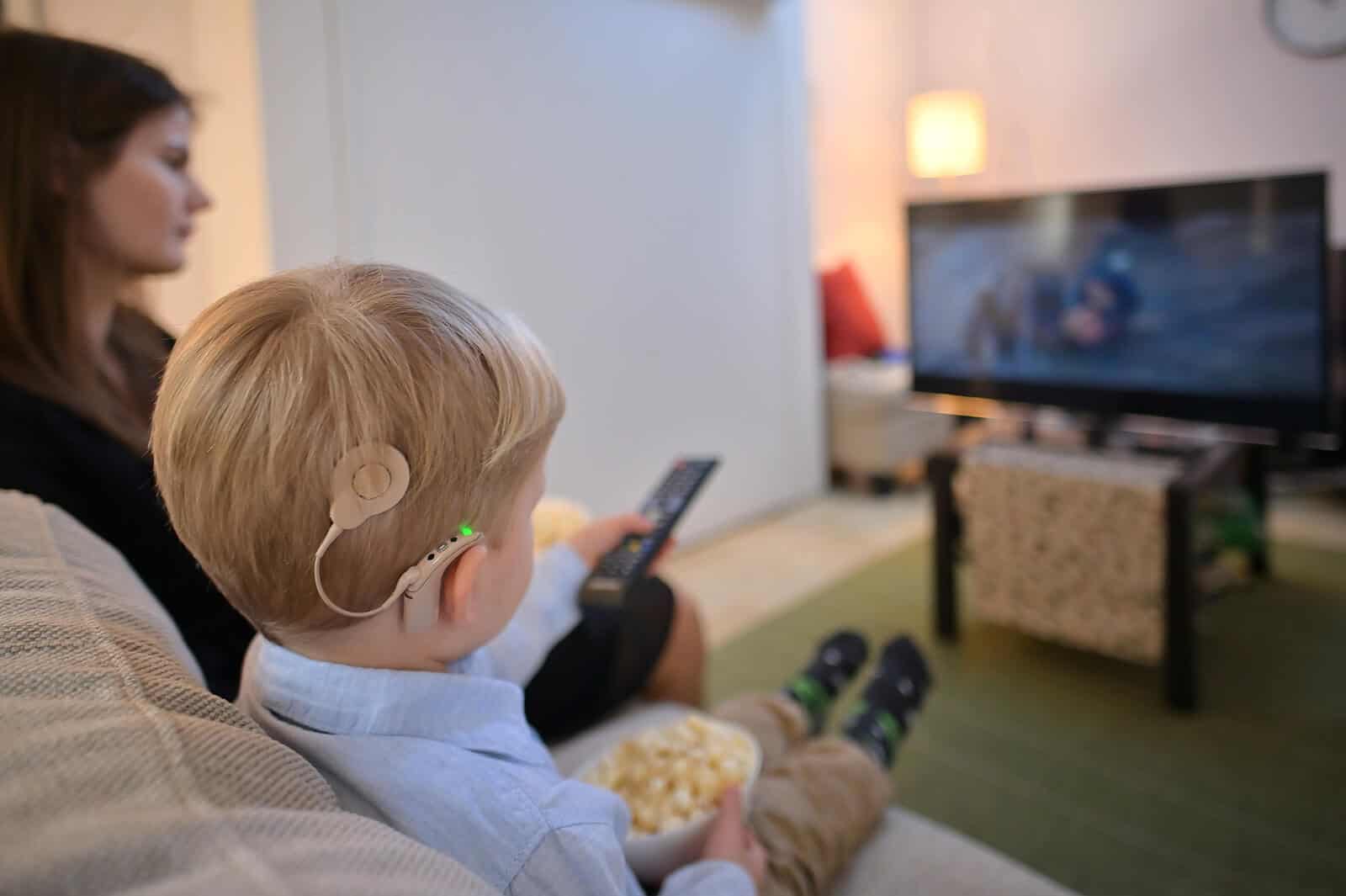
Hearing aids have long been the go-to solution for individuals with hearing loss, offering significant improvements in communication and quality of life. But hearing aids aren’t your only solution. Advancements in technology have led to the development of alternative solutions that complement your traditional hearing aids. Let’s explore some of these innovative technologies that are revolutionizing auditory support and providing even more options for addressing hearing loss.
Cochlear Implants
Cochlear implants are electronic devices surgically implanted in the inner ear to bypass damaged hair cells and directly stimulate the auditory nerve. While hearing aids amplify sound for individuals with residual hearing, cochlear implants provide direct electrical stimulation to the auditory nerve, enabling individuals with severe to profound hearing loss to perceive sound.
Cochlear implants are particularly beneficial for individuals with sensorineural hearing loss who receive limited benefit from hearing aids. They can significantly improve speech understanding and communication abilities, especially in noisy environments. Additionally, advancements in cochlear implant technology have expanded the candidacy criteria and improved outcomes for more individuals with hearing loss.
Bone Conduction Devices
Bone conduction devices transmit sound vibrations through the bones of the skull directly to the inner ear, bypassing the outer and middle ear. These devices are particularly useful for individuals with conductive hearing loss, single-sided deafness, or certain types of mixed hearing loss.
There are two main types of bone-conduction devices: bone-conduction hearing aids and bone-conduction implants. Bone conduction hearing aids, also known as bone-anchored hearing aids (BAHA), have two components. You’ll wear a small hearing aid behind the ear that transmits sound vibrations to a surgically implanted piece that stimulates the inner ear. Bone conduction implants are fully implanted devices that deliver sound directly to the inner ear without the need for an external piece.
Assistive Listening Devices (ALDs)
Assistive listening devices (ALDs) are electronic devices designed to improve communication in specific listening situations or environments. These devices often work with your hearing aids to enhance sound quality and clarity.
Common types of ALDs include:
- FM Systems: FM systems consist of a transmitter microphone worn by the speaker and a receiver worn by the listener. The transmitter wirelessly transmits the speaker’s voice directly to the listener’s receiver, reducing background noise and improving speech understanding, especially in noisy environments.
- Captioned Telephones: Captioned telephones display real-time captions of phone conversations, allowing individuals with hearing loss to read along with the spoken words for enhanced comprehension.
- Loop Systems: Loop systems, also known as induction loop systems, use electromagnetic signals to transmit sound directly to hearing aids equipped with telecoils (T-coils). Loop systems are commonly installed in public venues such as theaters, churches, and auditoriums to provide improved accessibility for individuals with hearing loss.
Sound Therapy and Tinnitus Management Devices
Sound therapy and tinnitus management devices are designed to alleviate the symptoms of tinnitus (ringing or buzzing in the ears). These devices generate soothing sounds such as white noise, nature sounds, or music to mask the perception of tinnitus.
Sound therapy devices may be integrated into hearing aids or provided as standalone devices. They can be customized to suit the individual’s preferences and hearing needs, offering relief from the distressing symptoms of tinnitus and improving overall well-being.
Expanding Horizons in Auditory Support
Each year innovative technologies offer new options for individuals with hearing loss. Beyond traditional hearing aids, you can receive hearing support with cochlear implants, bone conduction devices, assistive listening devices, and more. Whether it’s enhancing speech understanding, improving communication in challenging environments, or alleviating the symptoms of tinnitus, these alternative technologies can help you connect to the world around you.
Visit Us Today
If you’re considering alternative technologies for auditory support or have questions about your hearing health, don’t hesitate to schedule an appointment with a hearing health specialist. Together, we can explore the possibilities and find the solution that’s right for you. We offer a range of technologies to suit your needs, including hearing aids, cochlear implants, bone conduction devices, assistive listening devices, and much more.
For personalized guidance and support, book your next hearing test or consultation. Don’t let hearing loss hold you back—take the first step towards better hearing and improved quality of life.
